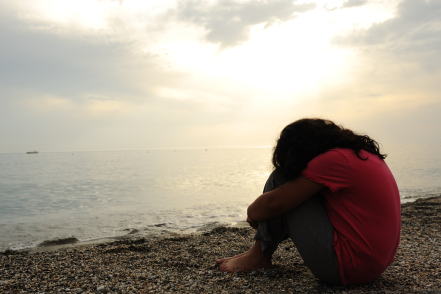Six Reconciliation Needs of the Grieving Child
When children grieve they need to meet various tasks in overcoming their grief and adjusting to the post grief world. It is also important for grief counselors, parents, and concerned adults to help the grieving child meet these needs to adjust.
The first task or need is for the child to acknowledge the death. In helping a child acknowledge this, it is important for adults to convey the finality and concrete nature of death. Examples should include telling the child that we will no longer see the body walk, talk or breathe. In addition to this, it is important for the child to understand that the person is not coming back.
The second need of the child is for the child to accept the pain and loss but while being emotionally cared for by adults. It is important that a child has a support system that cares for all of the child’s needs so that the child can also grieve. Adults should encourage a child to express his or her grief during this time.
The third need of the child is to convert the relationship of the lost loved one from “one of presence to one of memory”. Memorials, scrapbooking, talking about the loved one and giving the child keepsakes all help the child make this transition.
The fourth need is for the child to develop his or her own self identity. The primary problem for a child after the death of a loved one is their new self perception of who they are without the loved one. Is the child still “daddy’s little girl” or is she now fatherless? What other new social constructs will be created with the loss of the loved one that will affect who the child is? Sometimes one can find a unhealthy identity form called hyper maturing. The child feels the need to take on a role that the parent or loved one held before their death. A child needs to find his or her place but a child needs to remain a child and heal.
The fifth need of the child is to find the death within a context of meaning. This need is for the child to find meaning out of the death and apply it to their life. This involves acceptance and adaptation.
The final need of the child is for continued adult help. The child grieves in doses and as the child matures or special holidays come, the child will then need adult love and care when the tears come and go.
If you are interested in helping children grieve in a healthy way, please review the program. If you are interested in learning about training in child grief counseling, then please review.
(Information for this article was found in “Companioning the Grieving Child” by Alan Wolfelt, PhD)
Mark Moran, MA, GC-C, SCC-C

